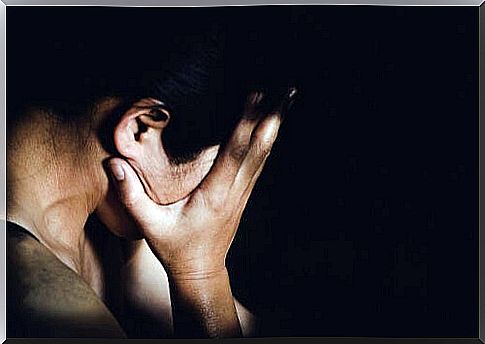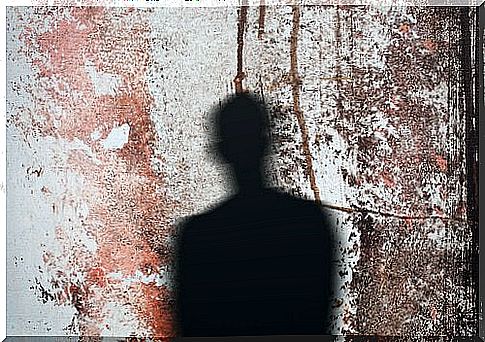Genovese Syndrome: The Loneliness Of The Victim

Genovese syndrome is a concept used to refer to the psychological phenomenon in which a person does not provide help, but becomes immobilized, when they observe an emergency situation in which they are expected to provide their support to another person who is in a situation. significant danger situation. It seems paradoxical, right?
The name of this syndrome arose from a crime that occurred in 1964 in the United States, in which a woman named Kitty Genovese was stabbed in front of her apartment at dawn and in front of dozens of witnesses. No one did anything to help her.
Such was the impact of the news that since 1968 Social Psychology has made an effort to respond to this phenomenon. Why didn’t the witnesses intervene? Based on research, it appears that the chances of help from others increase markedly as fewer people are in the troubled scene.

Genovese syndrome
On March 13, 1964, Kitty Genovese was murdered in New York. And although there were already many examples of the loneliness of those who live in large cities and the lack of mutual interest among their inhabitants, this case became an uncomfortable symbol of that type of social apathy that characterizes large cities.
The facts that gave rise to Genovese syndrome
The account of the events, according to the police report, is as follows: Kitty Genovese was returning home at dawn after a hard day’s work. She parked very close to her apartment and when she got out of the car she was attacked by a man who ran quickly towards her and stabbed her twice in the back.
His cries for help were drowned in the loneliness of the night, without anyone who was nearby offering their help. Within minutes, her attacker fled, leaving her badly injured.
After a few moments, the murderer returned to the scene and found his victim lying on the floor in the lobby of the apartment building and continued his cruelty for approximately another half hour.
A few minutes after the attack, an eyewitness called the police. When the medical services arrived they could not save Kitty’s life, who died in the ambulance that was taking her to the hospital.
Genovese’s aggressor
A few days later, the attacker, Winston Moseley, was located. A machinist by profession who was married with three children. Pressured by authorities, he not only confessed to Kitty’s crime, but also declared two other murders.
Moseley’s psychiatric examination showed that he exhibited necrophilic behavior and that he possessed an antisocial personality. He was sentenced to unconditional prison for murder, where he spent the rest of his life.
Genovese’s assassination shocked the country and instantly became the subject of controversy; above all, when it became known that at least 38 people had witnessed the aggression in some of its phases.
A total of 38 citizens witnessed the attack at some point, but not a single person came to help the victim, without even calling the police until the assault was over. Why did no one do anything to help her?

Theory of diffusion of responsibility
The Genovese case caused a great social uproar and led to numerous psychological and psychosocial studies. John Darley and Bibb Latané analyzed the case in detail and developed the theory of diffusion of responsibility.
Thus, this phenomenon can be explained by the principle that observers tend to take it for granted that someone else will intervene, so that ultimately all of them refrain from doing so. Darley and Latané reached these conclusions after their interesting social study.
The reasons given to explain this result include:
- The fact that the viewers see that the others are not helping either.
- That the spectators think that there will always be someone more qualified than them to help the victim.
- That they feel insecure or ashamed when it comes to intervening given the large number of people watching.
conclusion
As a final reflection, it should be added that, when confronted with this phenomenon, we can come to warn of the danger that human passivity can entail.
In fact, if as citizens we are not aware of this reality and do not make an effort to counteract it, we can end up in a situation of denial of social support.
Genovese syndrome should help us to become aware of social aspects in which we can improve a lot, so that events like this will never happen again.









